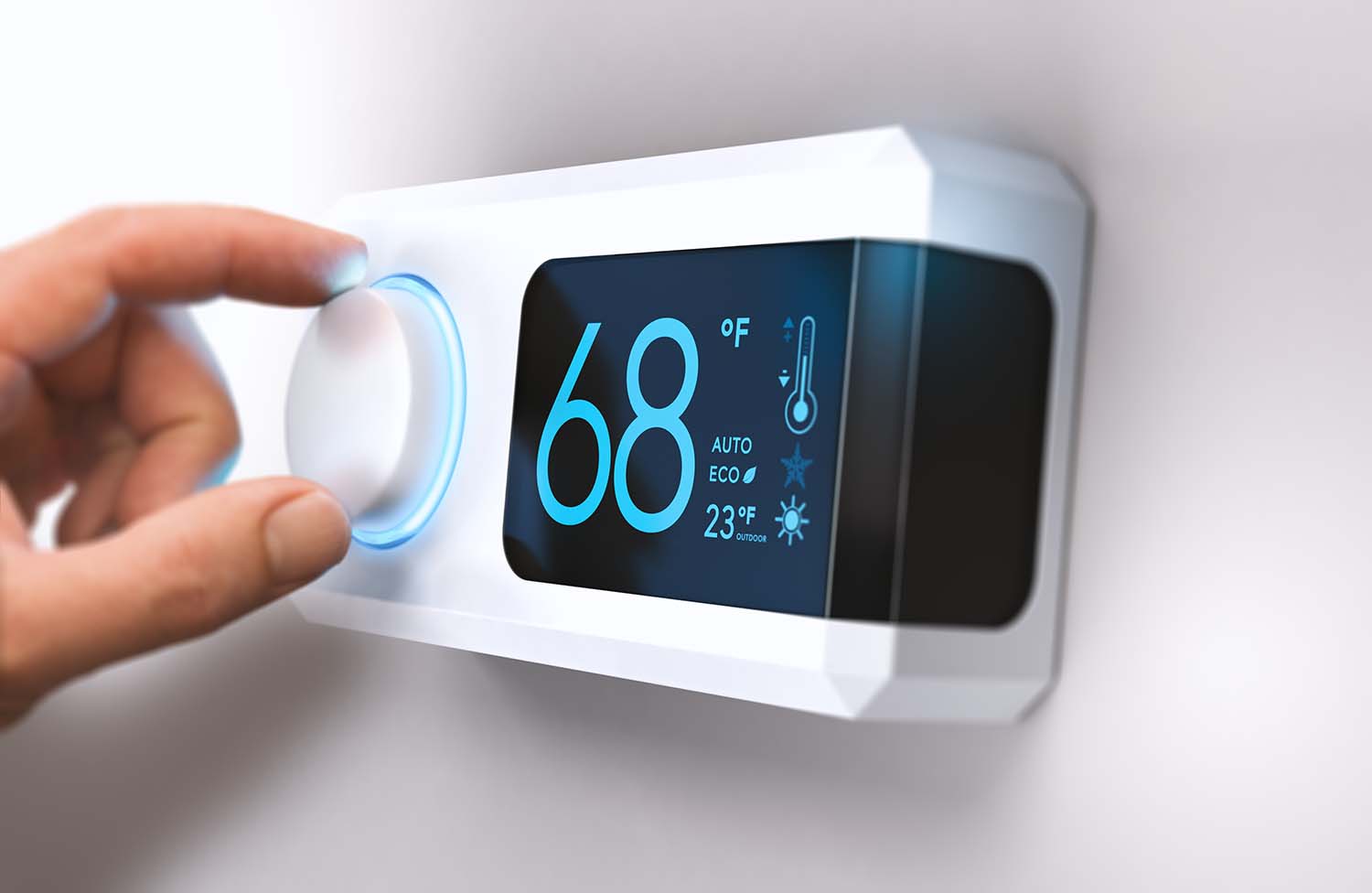Energy Performance Certificates, Display Energy Certificates and Legionella Risk Assessments and Water Testing
Energy Performance Certificates popularly known EPC
It is a document that provides an assessment Breakdown of a property’s energy performance. It highlights how much it will cost to heat and power a particular property. It includes recommendations of improvements measures as well as the cost of carrying them out, and the potential savings in pounds and pence that each one could generate.
Since October 2008, rental properties in England and Wales have required an Energy Performance Certificate (EPC).
As of April 1st 2018, the Minimum Energy Efficiency Standards (MEES) came into force. This required all rental properties of new tenancies and renewals to have a minimum EPC rating of ‘E’ or above.


Display Energy Certificates (DECs)
Buildings that need a certificate, Public authorities must have a DEC for a building if all the following are true:
1. it’s at least partially occupied by a public authority (eg council, leisure centre, college, NHS trust)
2. it has a total floor area of over 250 square metres
3. it’s frequently visited by the public
Legionella Risk Assessments and Water Testing

